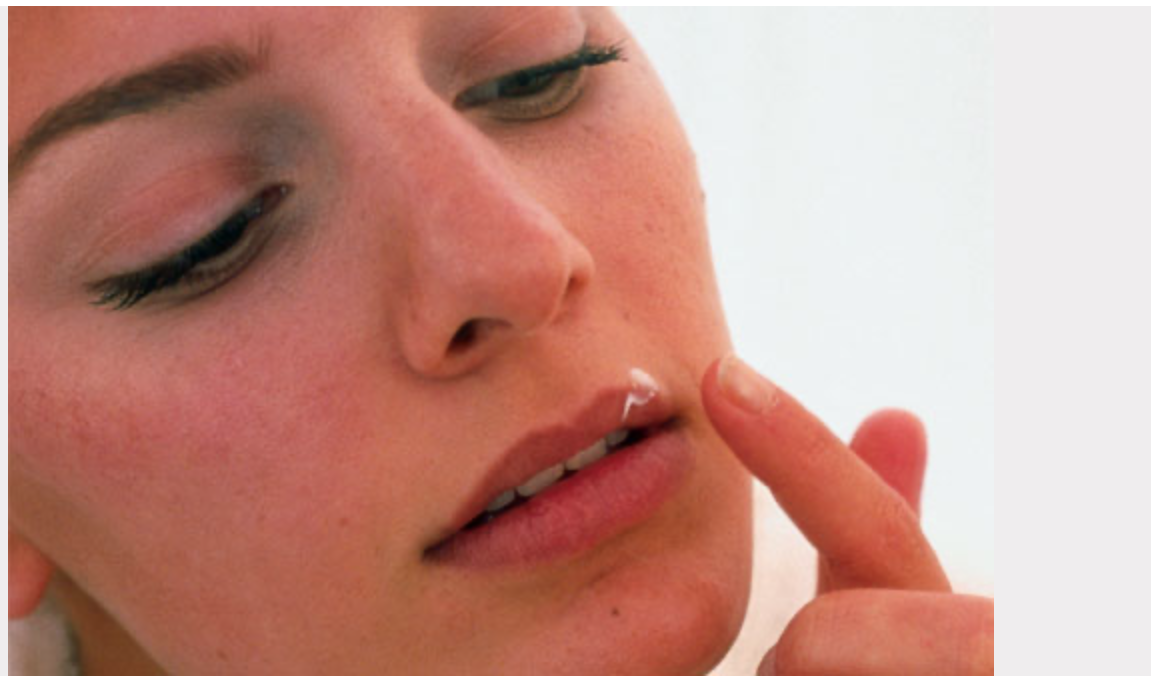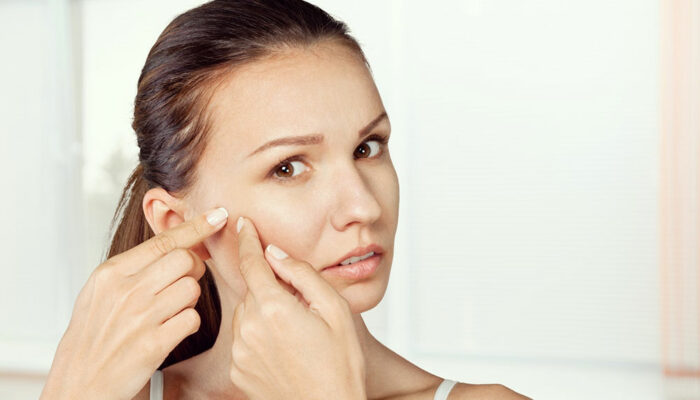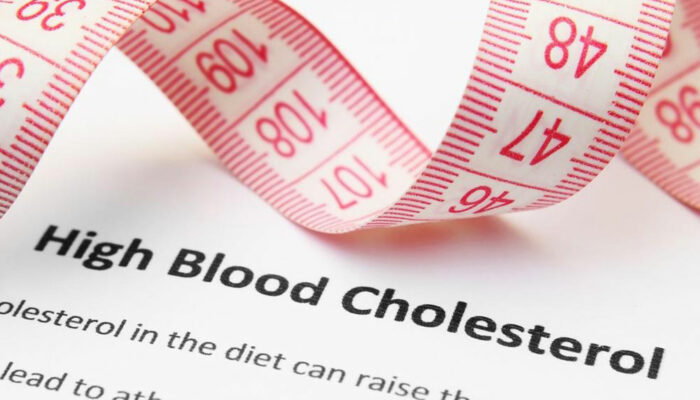
How to Prevent a Cold Sore
Cold sores, or fever blisters, always crop up at the worst of times. These blisters filled with fluid typically appear near or on the lips when the immune system is low, or due to stress, lack of sleep, hormonal fluctuations, or a crack or lip abrasion. Cold sores are the result of a type of infection triggered by the type 1 herpes simplex virus. While, in most cases, cold sores will heal naturally within a few weeks time, they can be an embarrassing deterrent to social events.
Many patients try to either prevent the onset of a cold sore or quicken the healing process by using the following methods:
1. Antiviral creams
Antiviral creams and ointments applied directly to the affected area may be used to treat an existing cold sore. However, these topical treatments are most effective when applied at the initial signs of a cold sore, and before the blister forms. These are marketed over the counter under brand names like Acyclovir (better known as over the counter Blistex or Abreva). Upon application, the lip may sting or tingle at the affected site.
2. Prescription medications
Oral prescription treatments are also available upon doctor’s prescription. These are marketed under names such as Valtrex and Famvir, and meant to be taken one time, orally at the first sign of a cold sore. Studies show these oral drugs reduce cold sore duration by up to a few days, and significantly reduce the frequency of future cold sores when taken daily by reducing herpes simplex virus.
3. Lysine
Although studies are still out on this treatment, many cold sore sufferers use an amino acid called lysine, to prevent cold sore frequency. According to reports, lysine taken as a supplement is believed to impede with arginine absorption in the intestine, which prevents the type 1 herpes simplex virus (HSV-1) from replicating and causing a cold sore infection.
4. Sunscreen
Sadly, sun exposure is a trigger for many cold sore sufferers. While the sun gives us valuable sunshine vitamin D, it may cause skin damage due to ultraviolet (UV) light exposure and trigger a HSV-1 cold sore infection. If you get frequent cold sores from the sun, protect yourself by applying a 30 SPFsunscreen on the face and lips before going outside and also by applying a lip balm with sunscreen.



